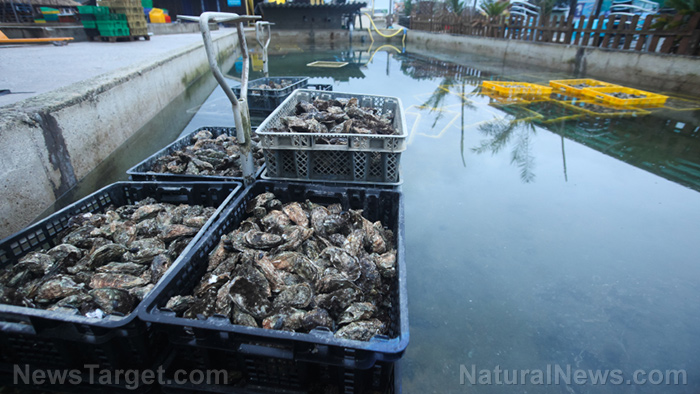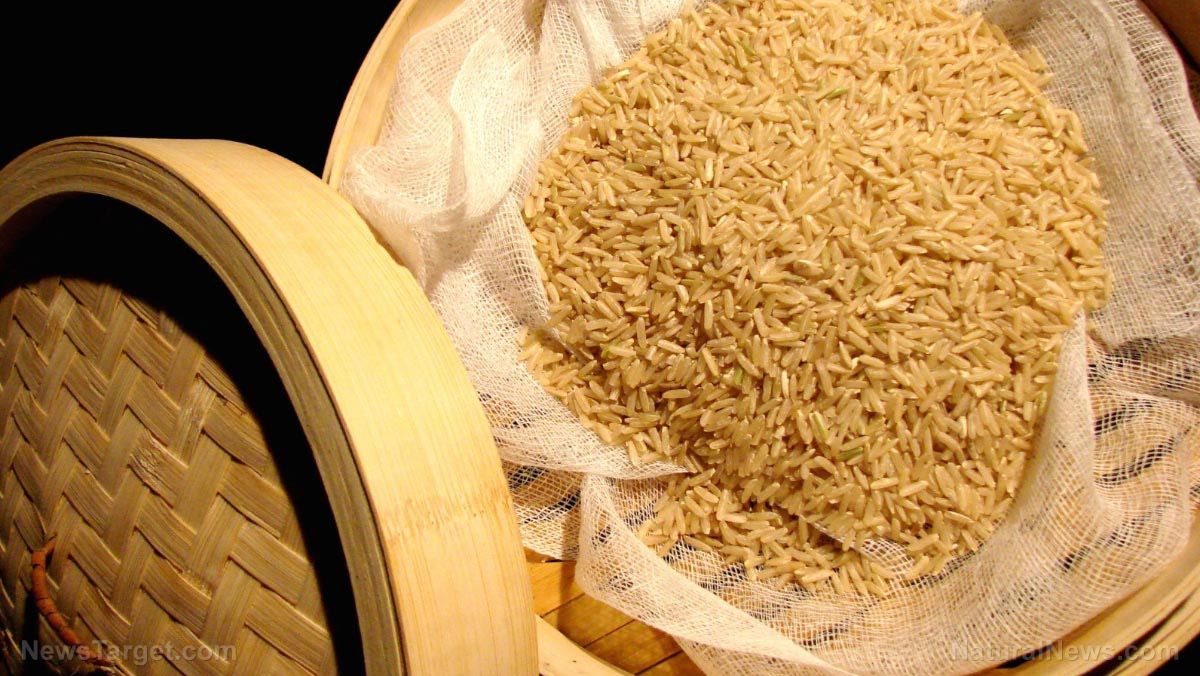Toxic “forever chemicals” are contaminating Florida oysters
07/12/2022 / By Arsenio Toledo

A new study has found dangerous “forever chemicals” in oysters all along Florida’s coastline.
The study, conducted by researchers from Florida International University (FIU), tested for perfluoroalkyl and polyfluoroalkyl (PFAS) and phthalate esters (PAEs), known as “forever chemicals,” in 156 oysters gathered from Biscayne Bay, Marco Island and Tampa Bay. They found detectable levels of both chemicals in every single oyster.
“I wanted to look into what we’re eating and if it might be contaminating us,” said lead study author and FIU postdoctoral scholar Leila Lemos in a press release. “These findings are definitely a red flag, especially for areas like Biscayne Bay.”
The oysters collected from Biscayne Bay were some of the smallest oysters sample in the study. Despite this, the Biscayne Bay oysters had the highest concentrations of forever chemicals. The oysters collected from Tampa Bay were much larger but didn’t have as many contaminants as the Biscayne Bay oysters.
“This means Biscayne Bay could be so contaminated, the oysters are bombarded with such high concentrations they accumulate contaminants more quickly,” said Lemos.
She added that the presence of PFAS and PAEs could be hindering the growth of the Biscayne Bay oysters, which explains why they are much smaller than the oysters found in Marco Island and Tampa Bay. The researchers found a strong connection between PFAS levels in the water and the weight and thickness of an oyster’s shell.
Lemos and the other researchers specifically chose to study oysters because they are filter feeders, meaning they obtain food by filtering matter and organisms from water that passes through them. This helps researchers understand more about an ecosystem’s overall health.
The findings confirm that the pollutants are in multiple water sources and have infiltrated the food chain in Florida. But Lemos and her team noted that more studies need to be done to fully understand the risks for humans that consume contaminated oysters, something which was not in the scope of their research.
“It’s important to also remember that there’s so many other exposure paths for both PFAS and PAEs compounds, like drinking water,” warned Lemos. (Related: Dozens of new contaminants found in drinking water, including forever chemicals, pesticides and radioactive materials.)
Lemos’ dream for this study is that it will spur the government to take action and come up with new ways to clean the water and protect the environment.
Exposure to PFAS and PAEs can cause a variety of health issues
The thousands of different PFAS substances are mostly used in consumer and industrial products, including clothing, non-stick cookware, waterproof makeup, fast-food packaging and firefighting foam. PFAS has been detected in human blood and can cause various health complications like kidney and liver damage. It can also interfere with the proper functioning of the immune and reproductive systems, cause developmental delays in children and increase a person’s risk of developing cancer.
PAEs are also commonly used in consumer goods like cosmetics, detergents, food packaging and pharmaceuticals. People and animals alike can be exposed to PAEs by inhaling or ingesting them and by coming into close contact with PAEs in the dirt or soil. PAE exposure has been linked to allergies, asthma, diabetes and obesity. PAEs can also negatively affect the healthy functioning of the immune and reproductive systems.
The Environmental Protection Agency (EPA) recently cautioned that PFAS is likely more hazardous than previous studies believed, even at levels that are undetectable.
A recent analysis of drinking water found that levels of PFAS are likely much higher than the tests conducted by the EPA are designed to show.
Watch this clip from “Zolna Report” as host Gabor Gabe Zolna talks about Bumble Bee Foods recalling its 3.75-ounce cans of smoked oysters due to contamination of forever chemicals.
This video is from the ZolnaReport.com channel on Brighteon.com.
More related articles:
“Forever chemicals” from biosludge fertilizers threaten existence of farms in Maine.
Chemical giants hid dangers of “forever chemicals” in food packaging for more than a decade.
Study: Rainwater in the Great Lakes contaminated with dangerous levels of “forever chemicals.”
Toxic chemicals from plastic waste are migrating into food and harming soil, warn experts.
Sources include:
Submit a correction >>
Tagged Under:
discoveries, Ecology, environment, Florida, forever chemicals, grocery, oysters, PAEs, perfluoroalkyl, PFAS, phthalate esters, polyfluoroalkyl, products, toxic chemicals, toxic water, water health
This article may contain statements that reflect the opinion of the author




















